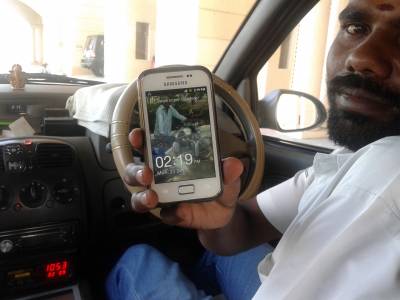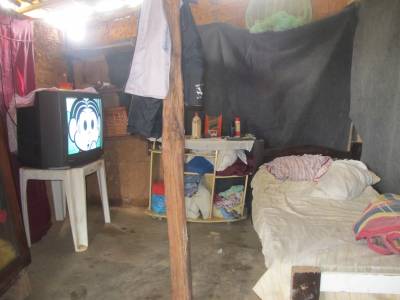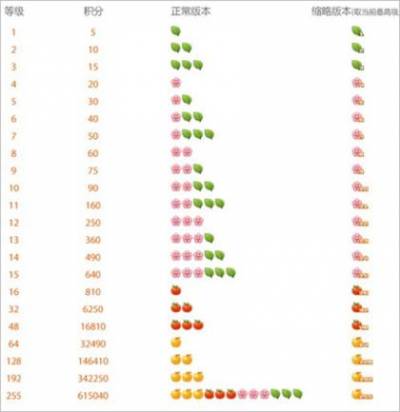Even though social media brings major benefits to previously excluded populations, such as ease of communication, this may not have any overall impact on exclusion, social differences, or oppression offline.

India
In this film, farmers value the advantages of social media but they don't expect it to have any impact on wider inequalities.
Brazil
Among low-income Brazilians, social media is a sign of upward mobility that may impress people of similar social standing, but it does not change the way people from higher classes regard a person.
Story
Is buying a smartphone a smart move?

Chile
Here, in contrast to Brazil, people avoid expressions of inequality both offline and online. This is partly because in our fieldsite, people strongly identify with a sense of being marginal compared to more metropolitan regions. In response they have a strong sense of their own community solidarity.
Turkey
Women can achieve more freedom online, where they can participate in activities away from the gaze of their families, but this has not led to more gender equality offline.
Story
The secret online lives of young women

Industrial China
Possessing new smartphones such as the latest Apple iPhone is an important indicator of factory workers' aspirations beyond their class. Yet online workers tend to communicate within their own class.
Trinidad
Social media allows people to present themselves as from a higher class through the posting of images showing what is considered to be a high-class lifestyle, but this does not translate to enhanced social standing offline.

Rural China
Many Chinese social media platforms have game-like features that encourage users to collect points and display levels attained, often based on the amount of activity on a platform. This creates new forms of inequality online as poverty restricts the amount of time people can spend on the internet, therefore making it difficult to ascend the rankings.

 Close
Close

